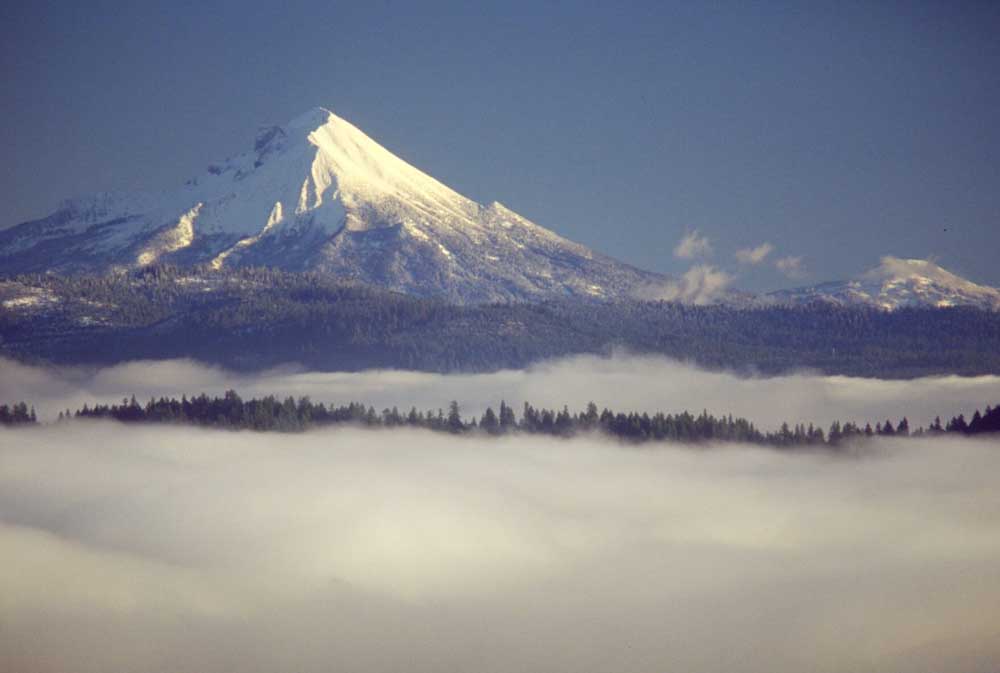Editorial: Pays to get involved early on forest plan
Published 5:00 am Friday, January 10, 2025

- Mount McLoughlin in Jackson County is located within the Rogue River-Siskiyou National Forest, which is subject to the landmark 1994 Northwest Forest Plan. The U.S. Forest Service is proposing amendments to the plan to address evolving issues related to wildfires and climate change.
The Pacific Northwest is filled with 24 million acres of national forest. The Northwest Forest Plan manages those lands, which range from the rainy coastal wetlands of western Washington down to the ancient, alpine bristlecone pines of northwest California.
How complicated a plan that must be when it provides overarching policy for trillions of plants and animals and nearly as many human uses and desires.
Trending
How complicated, too, is the process of creating it.
That complicated process is now underway. For the next six weeks, the U.S. Forest Service and Bureau of Land Management will host public meetings on possible amendments to the massive forest plan, which hasn’t been updated since Bill Clinton was president and O.J. Simpson took a drive down a California freeway in a Ford Bronco. It was 1994!
Central Oregonians have the opportunity to say their piece in person at 5:30 p.m. on Feb. 13 at the Sisters Fire Station, 301 S. Elm. If you can’t make that, you can also comment online here: bendbulletin.us/nwfpcomments. The comment period closes on March 17.
The current timeline calls for those public comments to be taken into consideration before producing a draft plan and environmental impact statement by November.
We won’t hold our breath. A government process this complicated, with this many competing interests, seems ripe for falling behind schedule.
But the forest plan, as gigantic and unwieldy as it’s bound to be, is an important document. For the next decades or more, local foresters and biologists, loggers and cross country skiers will consult with it daily. Decisions both big and small will rest on the guidance laid forth in this plan and agreed to.
Trending
People with narrow desires and needs are bound to be disappointed in a process this gargantuan. But those with big ideas — from protecting wildlife, making our forests more fire resilient, supporting wood products industries, closing roads or expanding recreational uses — should have their voices heard, counted and considered. Now is the time to speak up. And soon will be the time for building consensus, rather than forever fighting.








